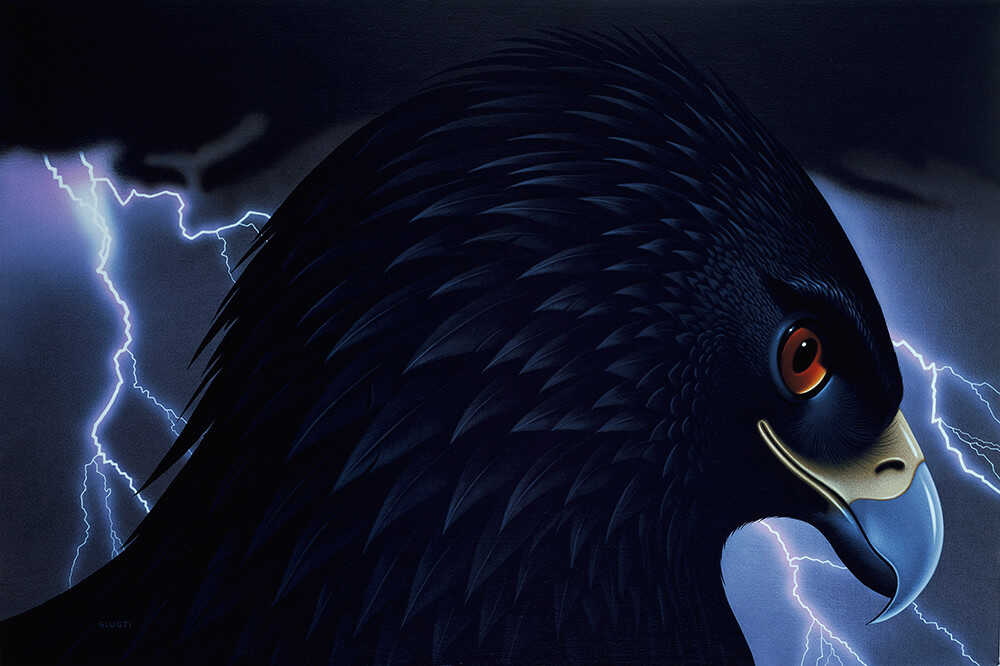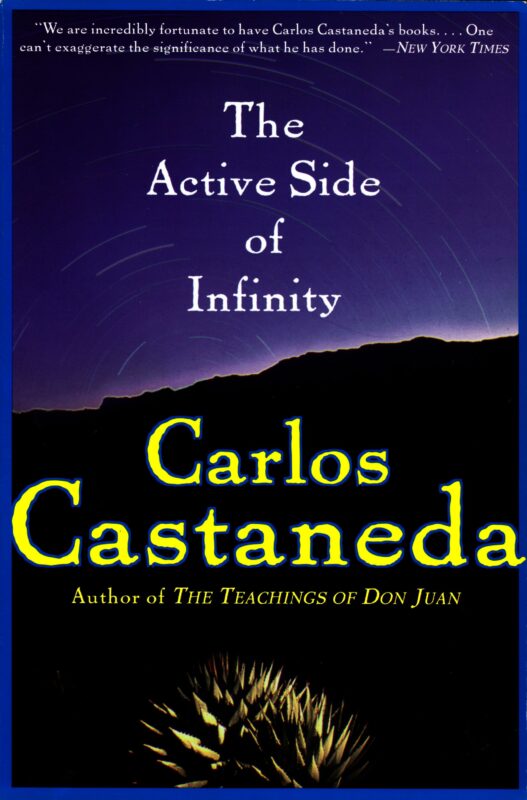In this final chapter of the book, Castaneda finds himself in a quandary, unable to deal with the world of everyday people after being influenced by don Juan. His new perception causes him to judge everyone by don Juan’s standards of impeccability, leading to a crisis in his academic and personal life. He recounts his experiences with a kind but passive boss, Ernest Lipton, whose helplessness reminds him of his own father, forcing him to quit his job. Don Juan advises him that the issue is not with others but with his own “self-reflection,” and that the challenge is to accept people as they are. The climax occurs one day on the UCLA campus when Castaneda is overcome by a strange tremor, loses his normal sight, and for the first time, consciously “sees” energy directly—perceiving people as luminous, furry spheres. He has the shocking realization that he has always perceived energy this way but was never aware of it. The experience ends with him inexplicably waking up in his apartment miles away. Don Juan confirms that he “stopped the world,” traveled from inner silence, and experienced “the clear view” or “losing the human form,” where human pettiness vanishes, leaving him with the maddening question of what had prevented him from accessing this perception all his life.

